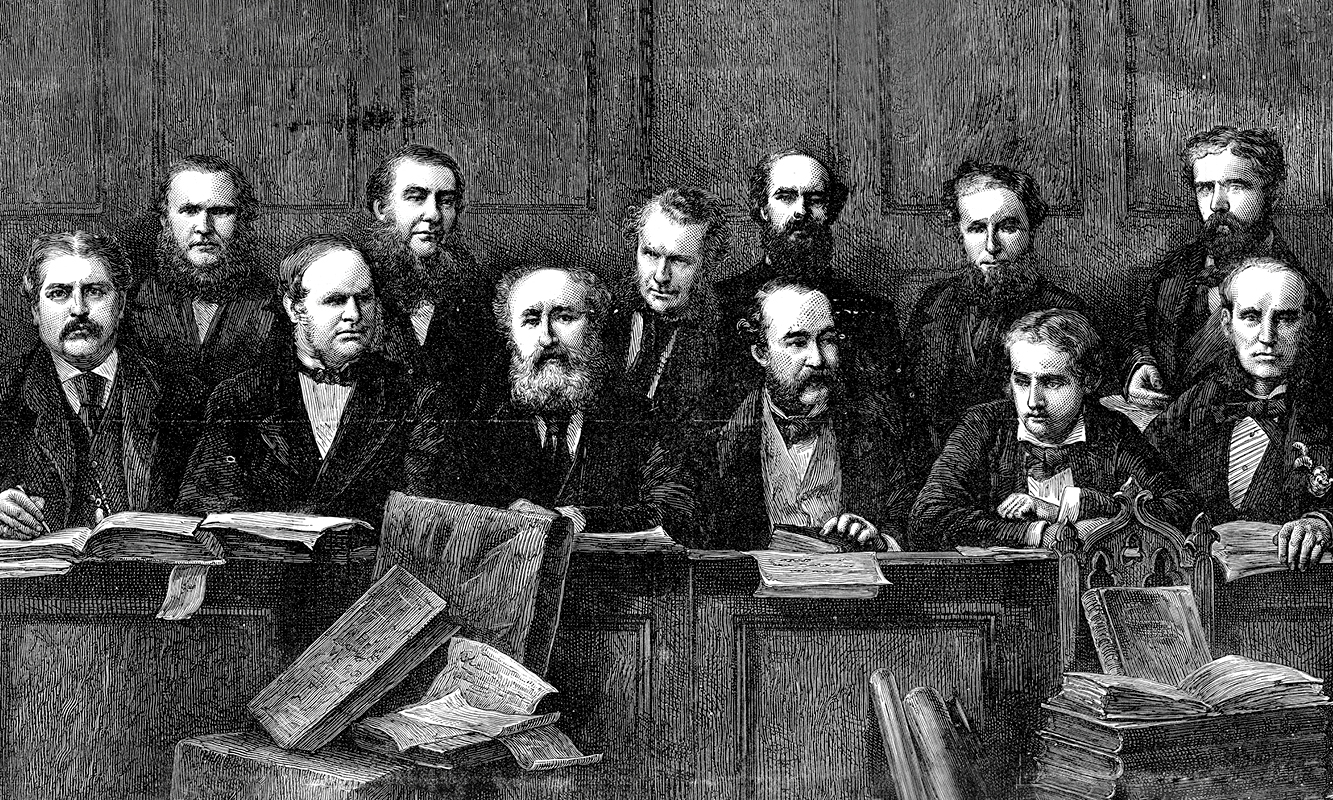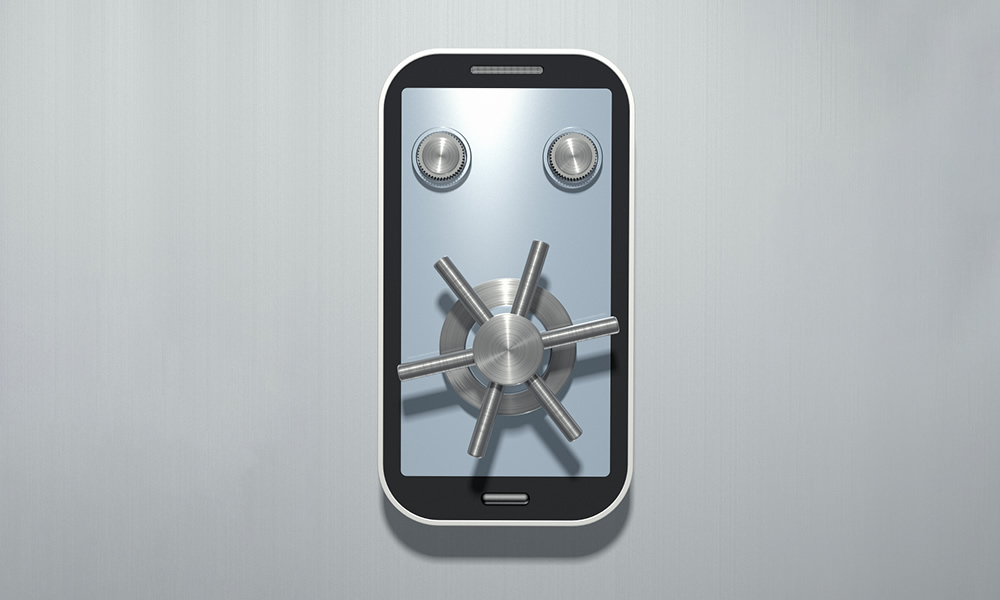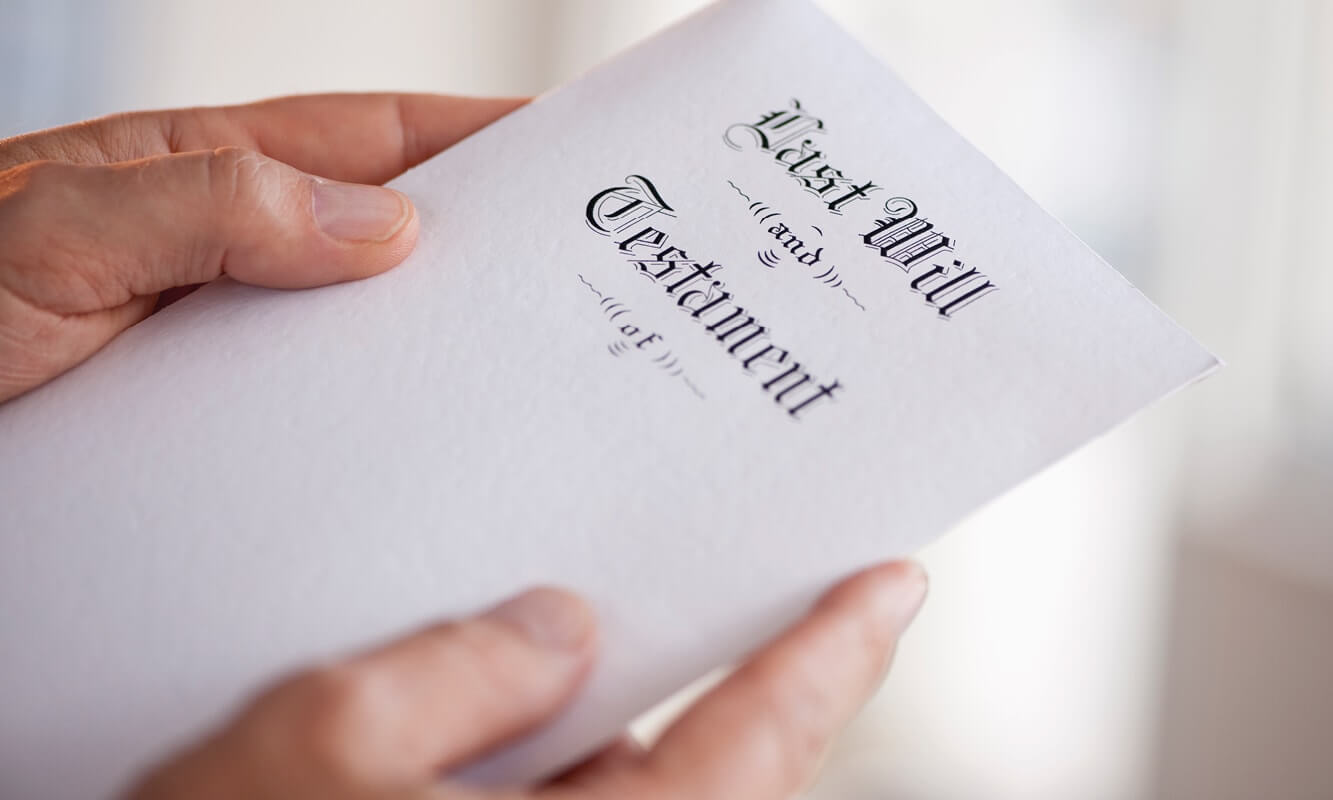Picture the scene: a tense operating theatre, and on the table a patient in need of life-saving surgery.
He is in luck though, because the surgeon in charge is the best there is; highly qualified, years of experience – if you had to have this type of surgery, she’s the one you’d want performing it.
Even better, she is assisted by two teams of experts almost as competent as she is. They have assisted ably throughout the operation, but now a crucial decision must be made. The surgeon must pick one procedure or another, and both carry risks, and which one she chooses will change the patient’s life forever; if it goes badly he might even die.
The two teams of experts are divided, each arguing for one of the options; they have attempted to persuade the surgeon of their course of action, but ultimately it is up to her. Faced with this ultimate choice, instead of following the options of one of the expert teams, she turns around to a crowd of spectators who have been invited in off the street to watch, and says, “what do you guys think?”
A preposterous scenario, and one which would never happen; the medical system would never make big decisions using the same method reality TV shows adopt to evict contestants. The justice system, however, is not so selective.
Every day, in Australia and in most western democracies, groups of people whose only common attribute is that they know nothing about the law, decide important legal cases. Sometimes these cases involve whether or not a defendant spends their life in jail; there is not even the appearance of logic to the process.
In addition, there is the danger posed by media commentary affecting juries – a danger thrown into sharp relief by an ill-considered speech by television personality Lisa Wilkinson at the Logies. The judge presiding over the trial of Bruce Lehrmann, alleged to have raped Brittany Higgins, deferred the trial for three months to allow the matter to fade from the minds of the jurors; that would have been unnecessary in a judge-only trial.
That is important because history has shown that jurors pay far too much attention to the media, as Lindy Chamberlain could attest. Chamberlain was convicted of murdering her child on the back of very flimsy evidence and a media campaign that painted her in a very dark light. Ironically, she would have the verdict overturned after spending years in jail – on the back of a media campaign proclaiming her innocence.
Outside influences are not the only problem with juries – they of course carry their own biases into their deliberations. Imagine being an indigenous defendant facing a jury filled with white supremacists? Consider that the jury in the perjury trial of former Queensland Premier Joh Bjelke-Petersen could not agree on a verdict, despite seemingly damning evidence; it was later discovered that the jury foreman was a member of the Young Nationals (the youth wing of Bjelke-Petersen’s party) and affiliated with the ‘Friends of Joh’ movement. Can anyone be sure that this was not a factor?
Biases are meant to be addressed during the selection process, where barristers from either side are allowed to object to people being included on the jury, based on the ability of the barrister to detect bias in the jurors. Unfortunately, this is a furphy; studies reveal that barristers do no better than chance in determining the bias of individuals. The idea that the selection process eliminates bias is merely wishful thinking.
In addition, many studies over the years have revealed troubling behaviour on the part of jurors. They struggle – understandably – to comprehend various legal concepts, and interpret instructions from judges; they place far too much faith in eyewitness testimony, regard forensic evidence as infallible due to the influence of television1 and largely have no understanding of statistics and probability2.
Juries have also been shown to be influenced by the appearance of defendants and witnesses, the modulation of a barrister’s voice and even knowing the consequences of a defendant’s actions3. In short, it is a system with failure built in. Jurors have been known to make up their minds during the opening address, before an ounce of evidence has been led, and regularly ignore instructions from the judge.4
There are many instances of jurors googling defendants and witnesses on their phones, discussing details with their friends and researching complainants, defendants and legal concepts online5. The advent of smartphones and other digital devices has made the idea of sequestration laughable, and most jurors would be well aware of the general public opinion in relation to a high-profile case.
The recent Johnny Depp/Amber Heard trial was the subject of furious internet debate and speculation, and there is no doubt the jurors were aware of it. It is naïve to assume they were not also influenced by it.
At the end of the day, even if solutions to all these problems could be found, the biggest problem with the jury systems is that it is inherently illogical. As with the improbable medical scenario above, there is simply no benefit to seeking the opinions of unqualified laypeople when dealing with such complicated concepts, being discussed by very skilled orators. All the silver-tongued oratory in the world is a waste of time in front of experienced judges, but when put before laypeople it can be mesmerising; and having the verdict go the way of the most convincing speaker is not justice, it is a fancy way of selling snake oil.
Probably the easiest way to illustrate this is to reverse the argument – imagine if, instead of debating to keep the jury system, we were trying to convince people to adopt it. What would the argument be? That the system works well on ‘Survivor’?
No doubt most jurors do the right thing, take their job seriously and do their very best, but they are being handed a task beyond their abilities. If I were to be selected to open the bat for the Australian test cricket team, I’d give it my best shot, but even with the best of intentions the results would not be good.
The jury system is an anachronism, one that has long outlived any usefulness. It is astonishingly expensive, time consuming and the actions of jurors sometimes result in having to do the whole thing over again. It is beloved of trial lawyers, perhaps because it gives you a chance, no matter the evidence; but the pursuit of justice should not be reduced to a lottery.
Shane Budden is a Special Counsel, Ethics, with the Queensland Law Society Ethics and Practice Centre.
The views expressed are those of the author and are not put forward in his role as an employee of QLS. His views do not necessarily represent the views of QLS.
Footnotes
1 The CSI Effect and the Canadian and the Australian Jury, Janne A. Holmgren Ph.D., Judith Fordham B.Sc., L.L.B. (Hons.).
2 Probably Guilty: Bad Mathematics leads to Rough Justice, New Scientist 21 October 2009; Trial by Numbers, New Scientist 3 November 2001; Weighing up the Odds New Scientist 23 February 2002.
3 Conduct and its consequences: Attempts at debiasing jury judgments. Law and Human Behavior, 29(5), 505–526 Smith, A. C., & Greene, E.
4 Cognitive and human factors in legal layperson decision making: Sources of bias in juror decision making, Lee J Curley, James Munro, Itiel E Dror 17 February 2022 Sage Journals vol 62 issue 3.
5 https://www.canberratimes.com.au/story/5992166/jurors-google-search-causes-mistrial-in-sex-assault-case/ ; https://www.reuters.com/legal/litigation/juror-googled-ice-officers-mysterious-uniform-patch-result-11k-contempt-2021-06-30/ .













Share this article